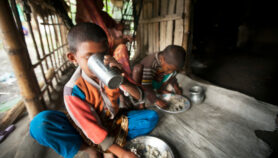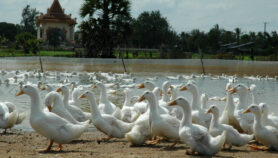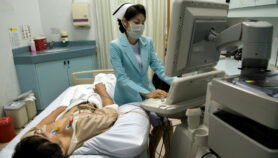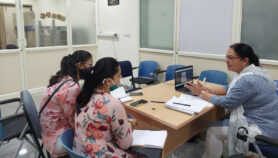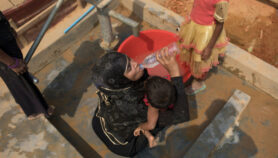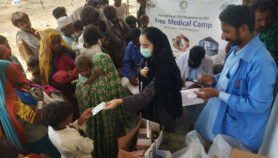Send to a friend
The details you provide on this page will not be used to send unsolicited email, and will not be sold to a 3rd party. See privacy policy.
India’s recent outbreak of dengue fever has killed over 100 people in the past seven weeks, and infected nearly 6,000. Yet this is a drop in the ocean: an estimated 100 million infections now occur worldwide every year.
Scientists are saying that the resurgence of the disease has made it a global health threat on a par with malaria and the Ebola virus, reports Brian Handwerk.
While the disease itself is rarely fatal, a complication known as dengue haemorrhagic fever kills 20 per cent of victims if they do not receive treatment.
Dengue tends to strike in urban and suburban areas. Standing water and piles of rubbish provide the optimal breeding conditions for the Aedes aegypti mosquito that spreads the disease.
In many growing tropical cities, governments don’t have the resources to go door-to-door, securing homes and eliminating mosquito-breeding areas, leaving control methods up to local residents.
Link to article in National Geographic News



